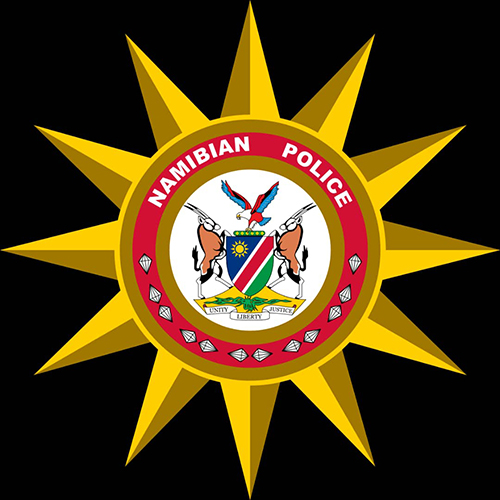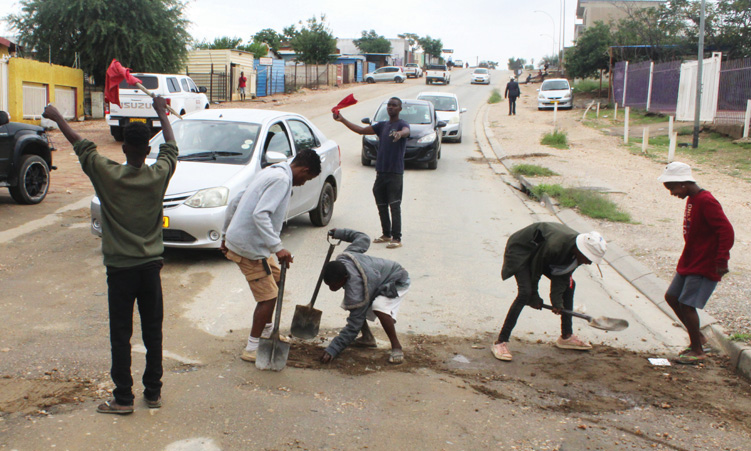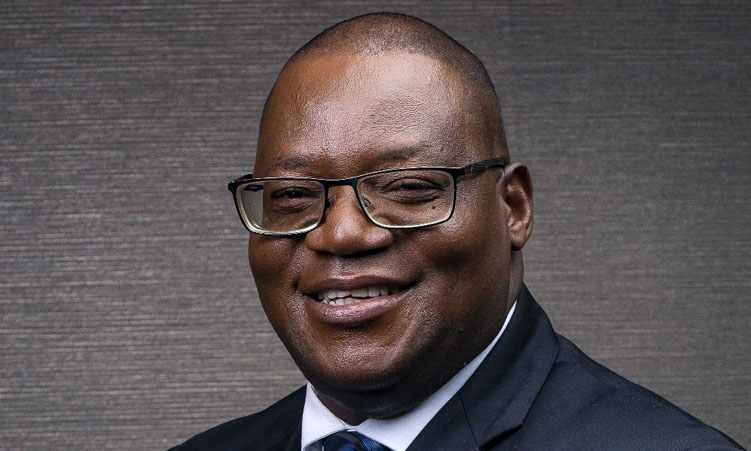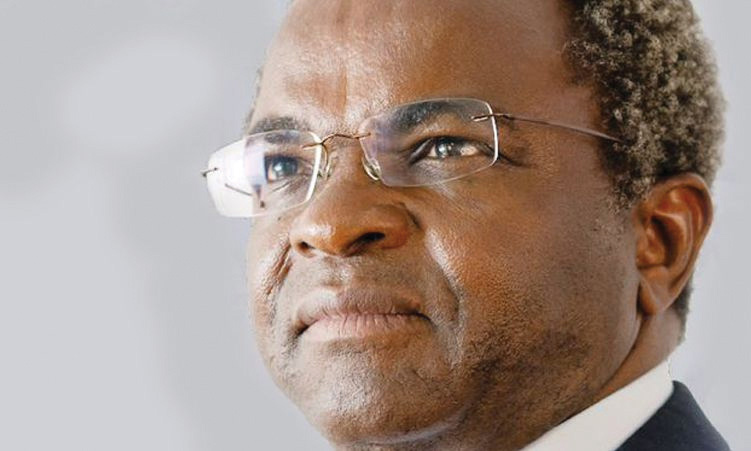The firm stance against corruption by president Netumbo Nandi-Ndaitwah is very welcome indeed. She informed Cabinet that her focus would be on corruption that takes place during her tenure and would not engage in “witch-hunts” against public officials involved in corruption before that date. The president clearly has the power to set her own political priorities but it may be useful to look at the legal context of this issue.
The independence of the prosecutor general
The Namibian Constitution gives the prosecutor general (PG) the power to decide whether or not to prosecute alleged crimes.
In terms of articles 87 and 88a of the Constitution, the PG is appointed by the president on the recommendation of the Judicial Service Commission (JSC) and can be removed from office only on the grounds of incapacity or gross misconduct.
Furthermore, the president can remove a PG only on the recommendation of the JSC, and only after the question of removal has been considered by a tribunal including current or former judges, which is set up by the JSC.
Thus, the PG is not a political appointee but an official who exercises quasi-judicial functions.
The issue of the PG’s independence was discussed by the Supreme Court back in 1995, when the court was asked to interpret the relationship between the attorney general and the PG.
The point of confusion was the statement in the Constitution that one of the functions of the attorney general – who is a political appointee – is “to exercise the final responsibility for the Office of the Prosecutor General” (Article 87a).
The Supreme Court found that because Namibia is founded on the rule of law, the PG must be “truly independent”.
It is the duty of the PG to keep the attorney general properly informed, and the attorney general exercises responsibility for the office in the form of both financial responsibility and accounting to the president, the executive and the legislature about the actions of the PG’s office.
This means the two officials should have ongoing consultations and discussions, but the Supreme Court emphasised that the attorney general has no power to give directions to the PG on criminal prosecutions.
The attorney general may not instruct the PG to institute a prosecution, to decline to prosecute, or to terminate a pending prosecution in any matter, or to take or not to take any other steps in connection with the preparation, institution or conduct of any prosecution.
The PG is an independent official who is to be guided by the rule of law and not by political considerations.
The independence of the Anti-Corruption Commission
The Anti-Corruption Commission (ACC) is similarly established by the Constitution as “an independent and impartial body” (Article 94a).
The director general of the ACC is nominated by the president but appointed by the National Assembly for a five-year term.
As the head of the commission, the director general is responsible for its direction and control.
Like the PG, the director general can be removed from office only for specified reasons and only after an enquiry by the JSC.
The removal must furthermore be supported by a resolution of the National Assembly. These safeguards are designed to reinforce the independence of the body and to insulate it from political considerations.
The Anti-Corruption Act gives the ACC a duty to consider complaints about corruption reported to it, as well as to act on its own to uncover corrupt practices.
The commission has the power to decide when an investigation into possible corrupt practices is warranted. It is charged to gather evidence of corrupt practices and to then provide this evidence to the PG for a final decision on criminal prosecution.
Time limits on criminal prosecutions
The president’s desire not to look backwards is understandable but the law already has a mechanism that makes it impossible to prosecute crimes committed far in the past.
In terms of Namibia’s Criminal Procedure Act, the ability to prosecute someone for a crime expires 20 years after the commission of the alleged offence.
This time period set by the law should be the operational guideline.
Presidential pardons
The president does have one form of political power under the Constitution to intervene in criminal matters. Art 32(3)(d) gives the president power to pardon or reprieve offenders, either unconditionally or subject to such conditions as the president may deem fit.
This power has been used in Namibia to grant blanket pardons to certain categories of prisoners, or reprieves to certain categories of prisoners in the form of shortened sentences.
But the president has no constitutional power to prevent a criminal prosecution, or to order the PG to prosecute or not to prosecute a specific case or a category of cases.
The rule of law
Namibia’s strength is its commitment to the Constitution and the rule of law – and the welcome fight to stamp out corruption should be firmly based in that context.
- * Dianne Hubbard is a legal consultant with many years of experience in public interest law and a passion for trying to make legal issues clear and accessible.
Stay informed with The Namibian – your source for credible journalism. Get in-depth reporting and opinions for
only N$85 a month. Invest in journalism, invest in democracy –
Subscribe Now!










